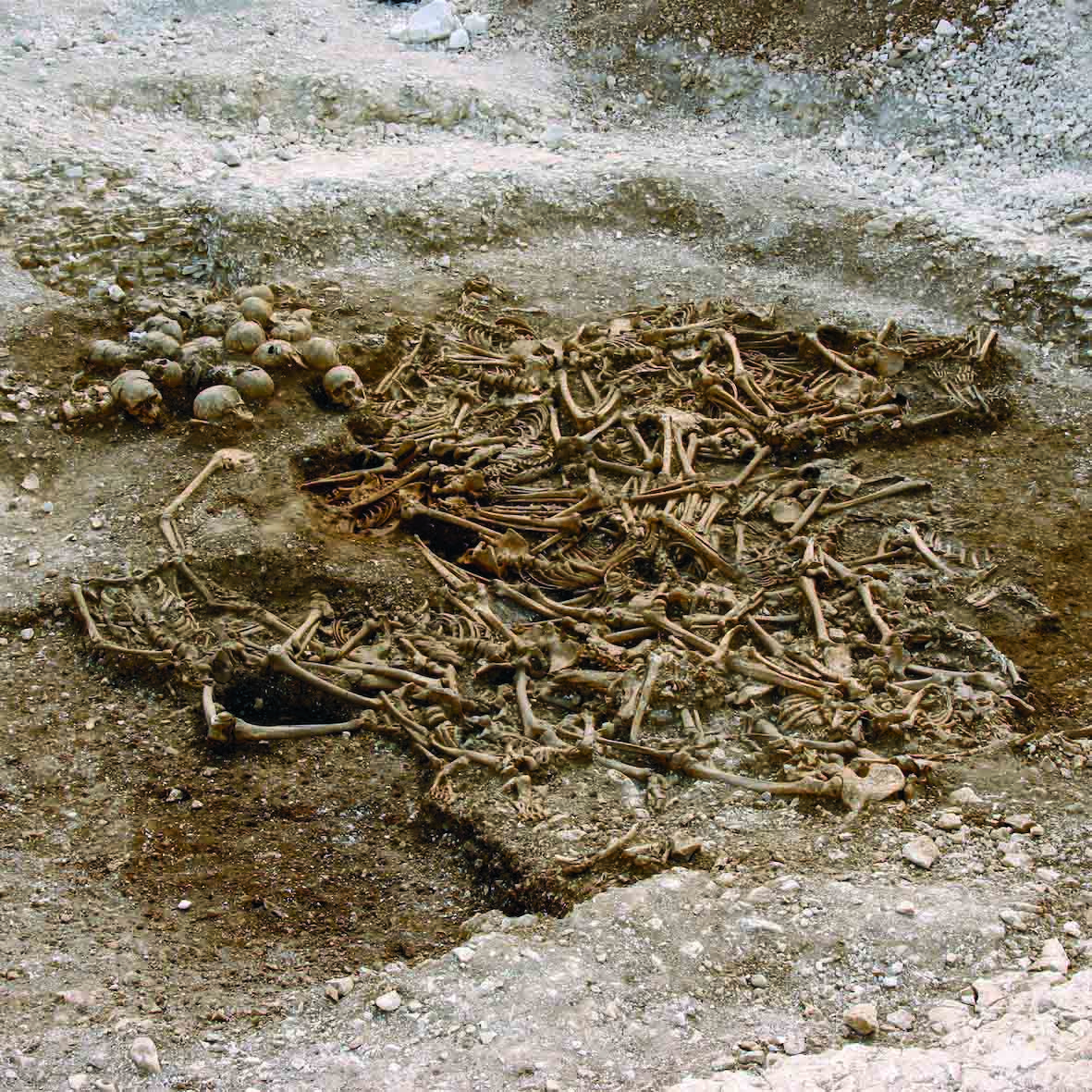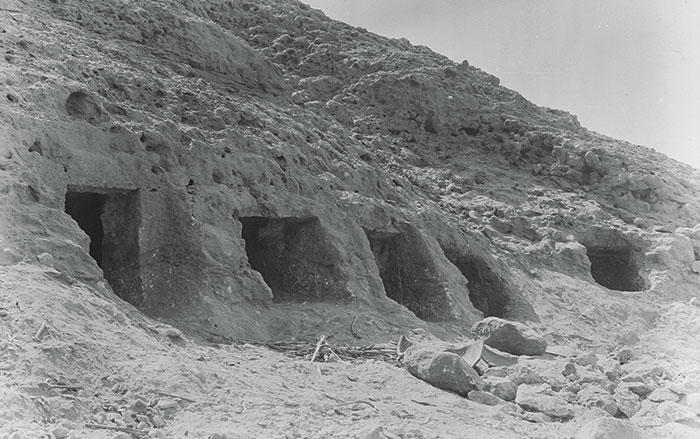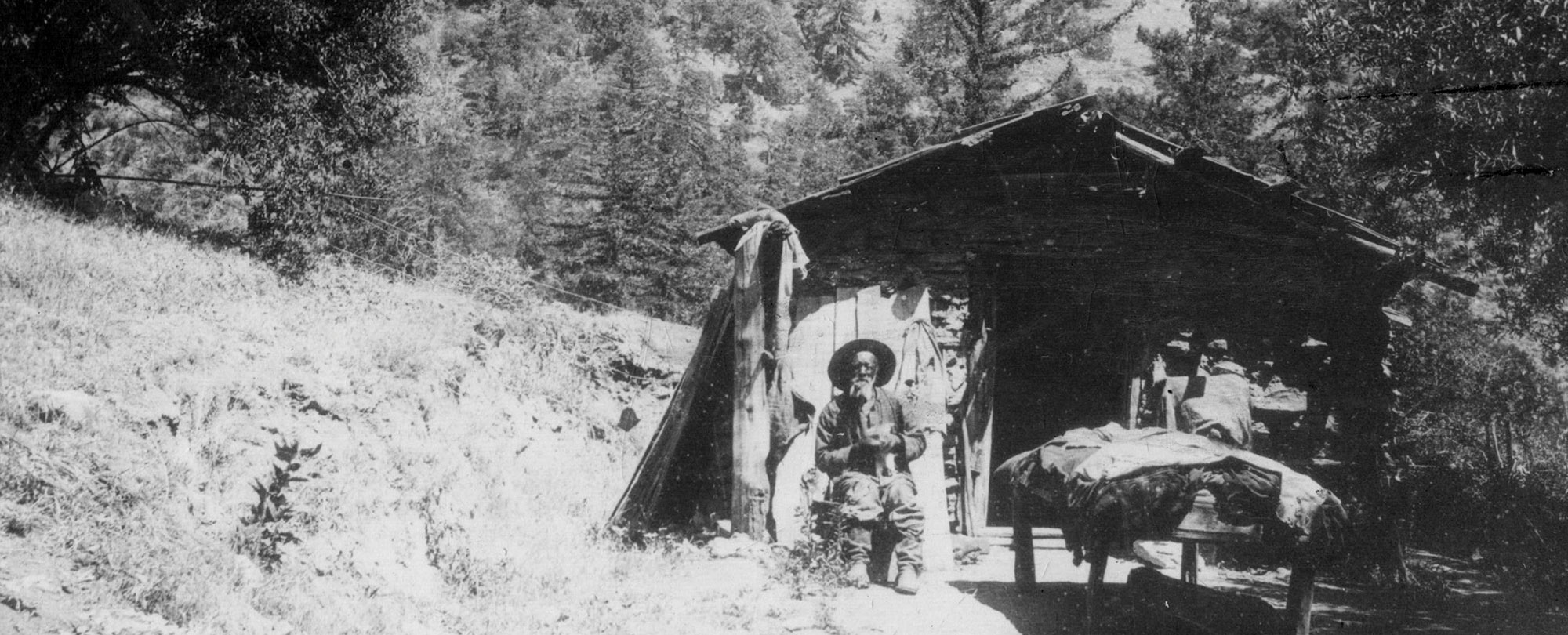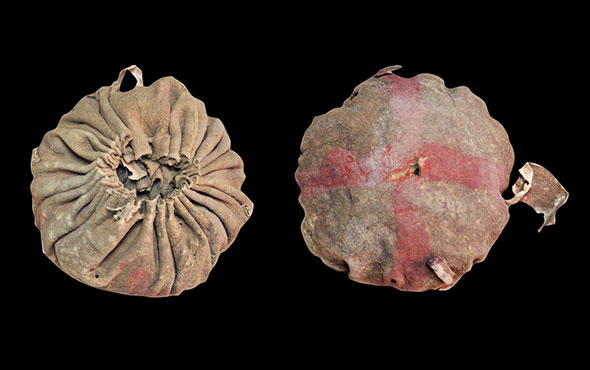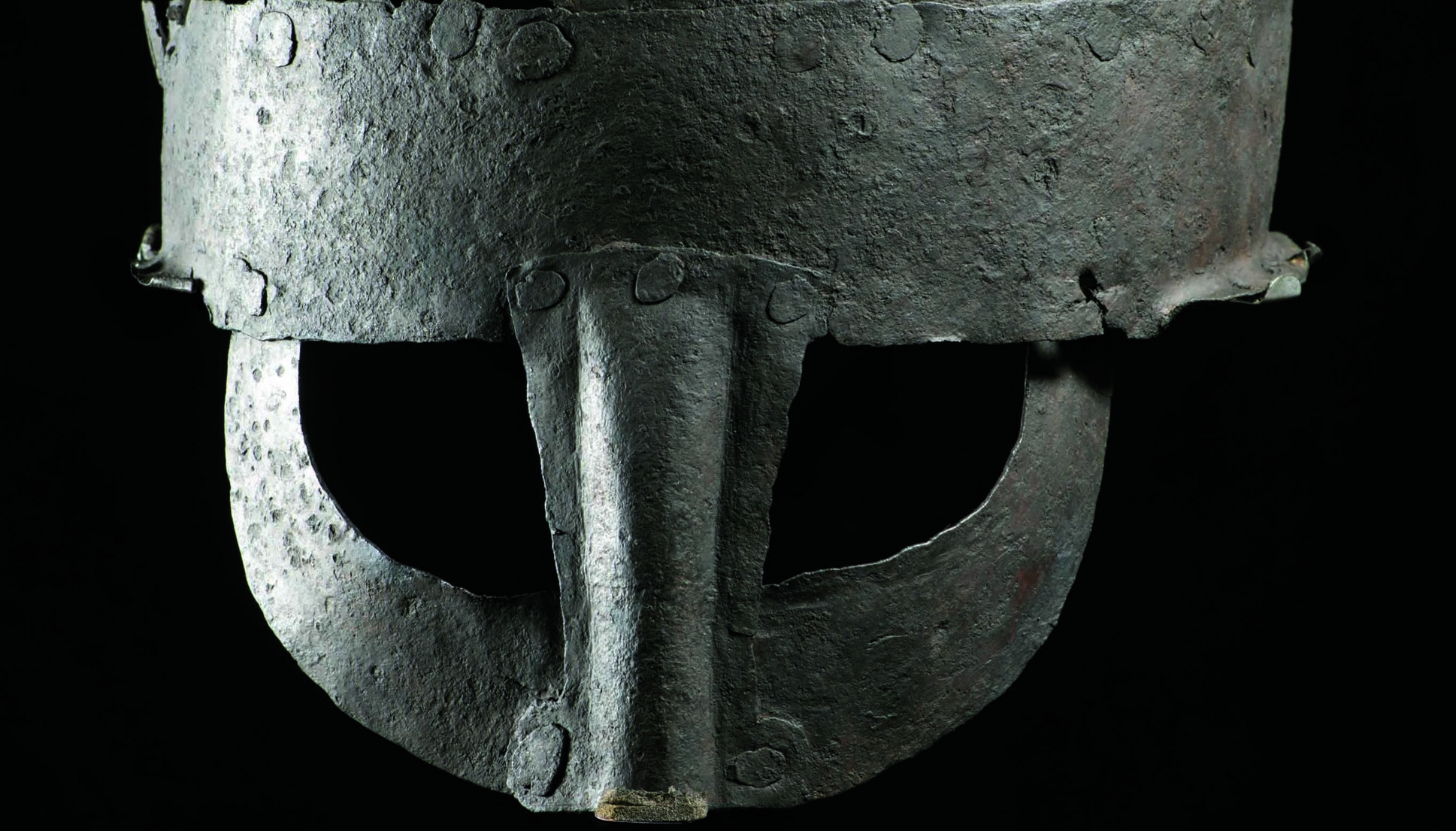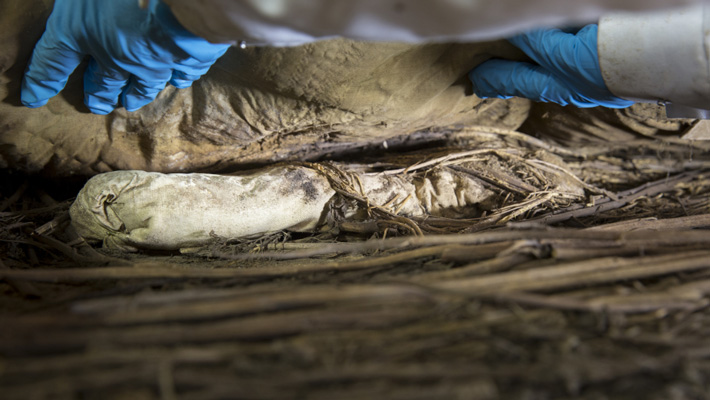
LUND, SWEDEN—According to a statement released by Lund University, scientists have analyzed DNA obtained from the well-preserved remains of Bishop Peder Winstrup, who died in 1679, and small bones found in a linen bundle placed between his legs. Examination of the bones and comparison of the genetic material revealed that the small bones belonged to a male fetus that was stillborn at about five or six months' gestation. He shared about 25 percent of his genes with Winstrup, including a Y-chromosome match, which indicates the bishop shared a second-degree relationship with the child on the father’s side, and was perhaps his grandfather. Maja Krzewinska of Stockholm University said the bishop’s son, Peder Pedersen Winstrup, died without a male heir. The researchers think the remains of the fetus may have been added to the bishop’s coffin, which rested in a vaulted tomb in Lund Cathedral, sometime after his funeral. For more on WInstrup's death and mummified remains, go to "World Roundup: Sweden."


